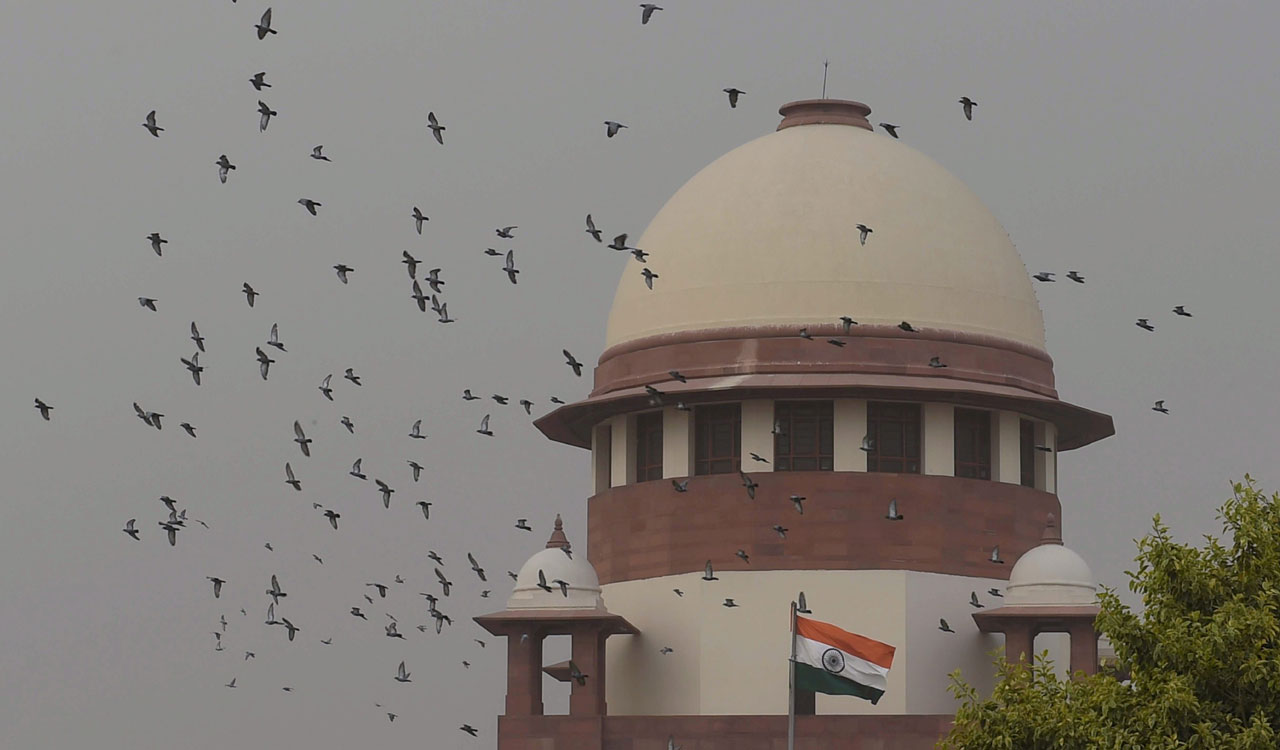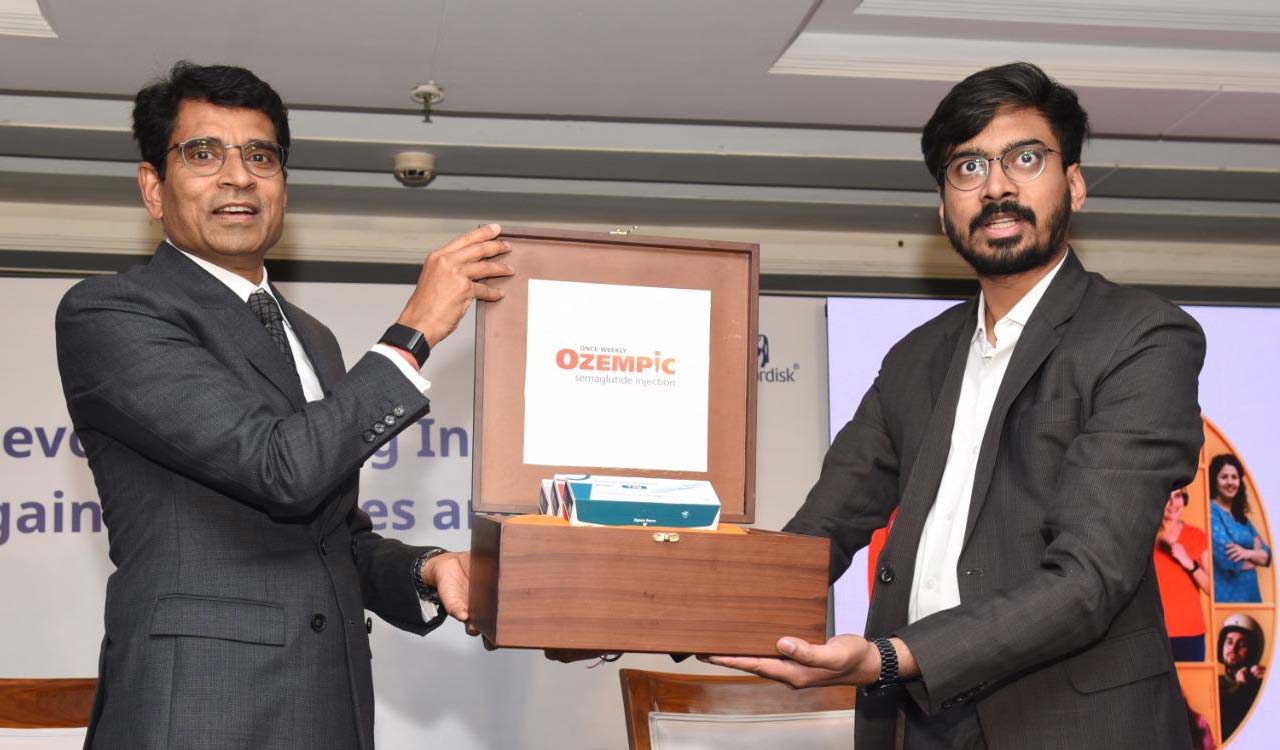Measles cases surging globally. Should children be vaccinated earlier?
Children are routinely given the measles-mumps- rubella (MMR) vaccine at 12 months and the measles-mumps-rubella-varicella (MMRV, with “varicella” being chickenpox) vaccine at 18 months. Babies at higher risk of catching the disease can also be given an additional early dose

Sydney: Measles has been rising globally in recent years. There were an estimated 10.3 million cases worldwide in 2023, a 20 per cent increase from 2022. Outbreaks are being reported all over the world including in the United States, Europe and the Western Pacific region (which includes Australia). For example, Vietnam has reportedly seen thousands of cases in 2024 and 2025.
In Australia, 77 cases of measles have been recorded in the first five months of 2025, compared with 57 cases in all of 2024. Measles cases in Australia are almost all related to international travel. They occur in travellers returning from overseas, or are contracted locally after mixing with an infected traveller or their contacts.
Measles most commonly affects children and is preventable with vaccination, given in Australia in two doses at 12 and 18 months old. But in light of current outbreaks globally, is there a case for reviewing the timing of measles vaccinations? Some measles basics
Measles is caused by a virus belonging to the genus Morbillivirus. Symptoms include a fever, cough, runny nose and a rash. While it presents as a mild illness in most cases, measles can lead to severe disease requiring hospitalisation, and even death.
Large outbreaks can overwhelm health systems. Measles can have serious health consequences, such as in the brain and the immune system, years after the infection. Measles spreads from person to person via small respiratory droplets that can remain suspended in the air for two hours.
It’s highly contagious – one person with measles can spread the infection to 12–18 people who aren’t immune. Because measles is so infectious, the World Health Organization (WHO) recommends two-dose vaccination coverage above 95% to stop the spread and achieve “herd immunity”.
Low and declining vaccine coverage, especially since the Covid pandemic, is driving global outbreaks.
Newborn babies are generally protected against measles thanks to maternal antibodies. Maternal antibodies get passed from the mother to the baby via the placenta and in breast milk, and provide protection against infections including measles.
The WHO advises everyone should receive two doses of measles vaccination. In places where there’s a lot of measles circulating, children are generally recommended to have the first dose at around nine months old. This is because it’s expected maternal antibodies would have declined significantly in most infants by that age, leaving them vulnerable to infection.
If maternal measles antibodies are still present, the vaccine is less likely to produce an immune response.
Research has also shown a measles vaccine given at less than 8.5 months of age can result in an antibody response which declines more quickly. This might be due to interference with maternal antibodies, but researchers are still trying to understand the reasons for this.
A second dose of the vaccine is usually given 6–9 months later. A second dose is important because about 10–15 per cent of children don’t develop antibodies after the first vaccine.
In settings where measles transmission is under better control, a first dose is recommended at 12 months of age. Vaccination at 12 months compared with nine months is considered to generate a stronger, longer-lasting immune response.
Children are routinely given the measles-mumps- rubella (MMR) vaccine at 12 months and the measles-mumps-rubella-varicella (MMRV, with “varicella” being chickenpox) vaccine at 18 months. Babies at higher risk of catching the disease can also be given an additional early dose.
This is recommended for infants as young as six months when there’s an outbreak or if they’re travelling overseas to a high-risk setting.
The researchers found that while 81 per cent of newborns had maternal antibodies to measles, only 30 per cent of babies aged four months had maternal antibodies. This study suggests maternal antibodies to measles decline much earlier than previously thought.
It raises the question of whether the first dose of measles vaccine is given too late to maximise infants’ protection, especially when there’s a lot of measles around.
- Tags
- healthcare
- measles
- Vaccination
Related News
-
Hyderabad: Mega job fair on February 23 at Red Rose Function Hall
10 mins ago -
Three engineering students arrested again for drug peddling in Warangal
20 mins ago -
BRS wins Indresham but loses Zaheerabad, Medak municipalities
30 mins ago -
BRS sweeps Patancheru municipal elections, wins all chairperson posts
40 mins ago -
MLRIT innovation team places third nationally at Anveshana 2026
50 mins ago -
Watch: Happy Birthday to the man who didn’t just celebrate Telangana—He created it
58 mins ago -
Sikh village-Paradise Circle road rebuilt, relief for motorists
1 hour ago -
Dwarka crash: Mother seeks justice as minor filmed reels before fatal collision
1 hour ago




